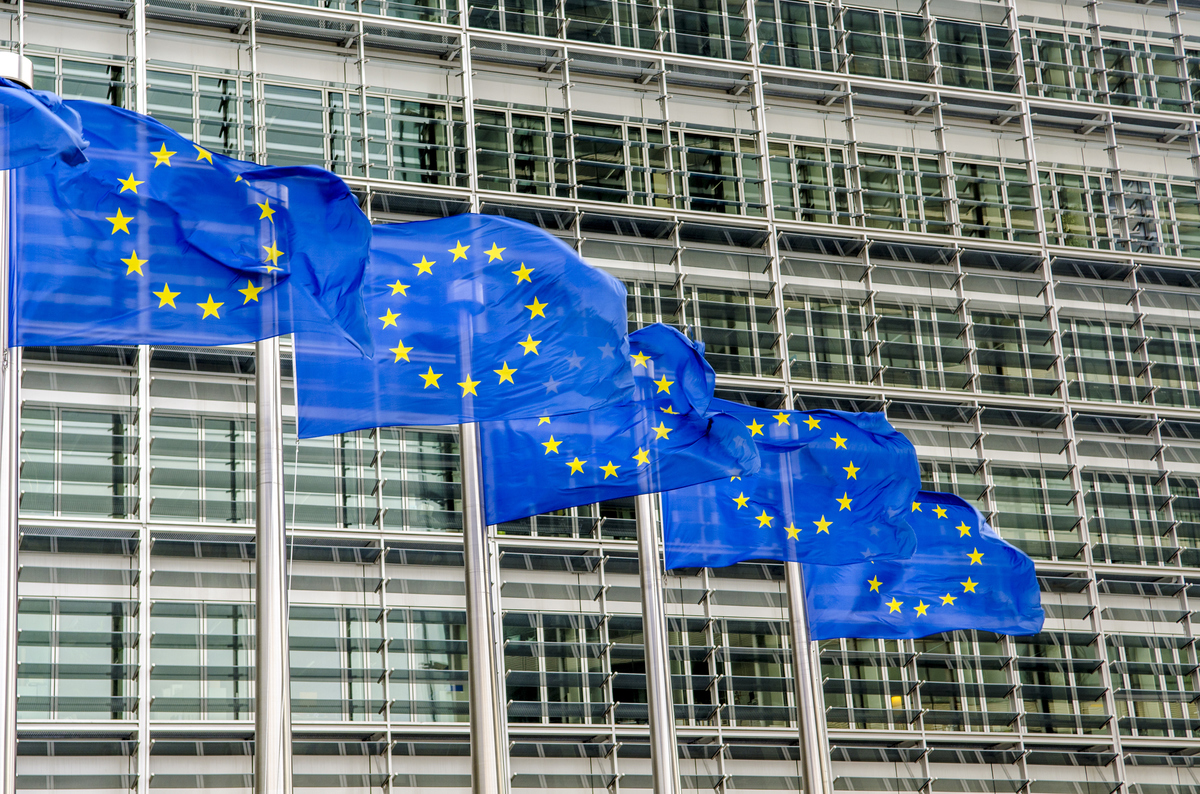Ship managers association says shipowners should shoulder more EU ETS risk
The "polluter pays principle" is needed to meet greenhouse gas (GHG) emissions targets in shipping, according to ship management association InterManager.
 PHOTO: EU flags outside the European Commission Building in Brussels, Belgium. Getty Images
PHOTO: EU flags outside the European Commission Building in Brussels, Belgium. Getty Images
The association, which represents more than 5,000 vessels and over 250,000 seafarers, has urged the European Commission (EC) to incorporate the polluter pay principle when finalising any legislation that aims to curb shipping's GHG emissions in Europe.
InterManager says policies like the EU Emissions Trading System (ETS) could fail if it only holds ship management firms accountable for emission reductions. The ETS should rather target other parties such as shipowners who have a greater role in controlling emissions, it asserts.
Ship managers have almost zero command over factors such as a vessel's speed or the bunker fuel type it burns, which play key roles in reducing emissions, InterManager said.
“The huge financial risk imposed on ship managers by the revised ETS Directive is disproportionate to the negligible influence managers have in respect of the emissions generation by maritime transport,” InterManager wrote to the EC.
It went on to say that the type of engine to be installed on a vessel is pre-decided by the shipowner during vessel ordering, and that the ship managers have no say in these decisions.
“By directing compliance and enforcement measures at a party which is neither the polluter nor able to exert significant influence on the polluter, the current form of the revised ETS Directive significantly dilutes the incentives for polluters to reduce emissions,” it wrote.
The role of technical ship managers is to carry out vessel repairs, maintenance or crewing, InterManager says. These activities are less likely to push emissions higher.
The EU ETS for shipping was approved by European Parliament in April. The text now requires formal endorsement from the EC before the regulation can be published in the Official Journal of the European Union.
By Nithin Chandran
Please get in touch with comments or additional info to news@engine.online





